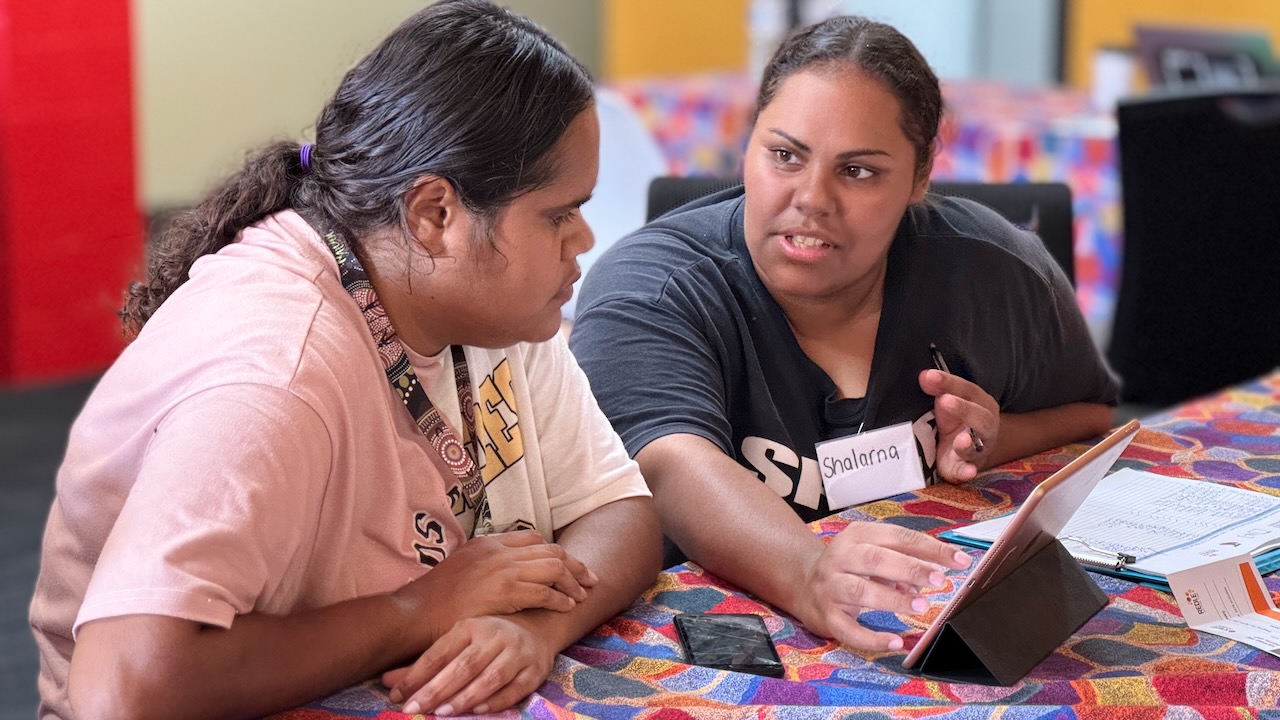What’s happening for people who drank less?
Of the Australian people who reported drinking less, this was largely due to a reduction in binge drinking.
Indeed, 37% reported reductions in binge drinking compared with 30% reporting increases in binge drinking, while the remaining 34% reported their binge drinking remained the same.
Looking at the reasons why people in the Australian sample reduced their drinking, the most common reasons were they had less contact with people they normally drink with (77%), less access to the settings where they usually drink (67%) and they don’t like drinking at home or when not out with friends (50%).
It is also worth noting large proportions of the group that drank less reported improvements in aspects of their lives as a result. These include 52% reporting improved finances and 42% reporting improved physical health.
And what about people who drank more?
A total of 39% of the Australians in our sample reported drinking more often, a greater quantity per session, and/or more frequent bingeing.
Drinkers who reported having a diagnosed mental health condition (typically depression or anxiety) were more likely to report increasing their drinking compared to February, before COVID-19 restrictions.
Australians in our sample who increased drinking noted worse outcomes for physical health (55%), mental health (36%), work or study performance where relevant (30%) and finances (26%).
The negative impact on physical and mental health among this group was profound, highlighting the risk of choosing alcohol as a coping strategy for stress, anxiety and depression.
Use of other drugs
A total of 49% of the Australians we surveyed who used cannabis in the past 12 months said their use had increased compared to February, including 25% who reported their cannabis use had increase “a lot”. The main reasons given for this increase were similar to alcohol: boredom (66%) and having more time (64%).
Over half (55%) of people who used cannabis alone also reported they are now more likely to consume cannabis alone compared to before COVID-19.
Of those who used illegal drugs in the previous 12 months, MDMA, cocaine and ketamine were the most likely to have decreased since before the pandemic. Lack of access to nightclubs, festivals and parties was the most common reason for the change.
Drug market shifts were reported too: including 51% of the Australian respondents saying general availability of illegal drugs had decreased, 29% reporting increases in drug prices, and 17% reporting decreased drug purity.






